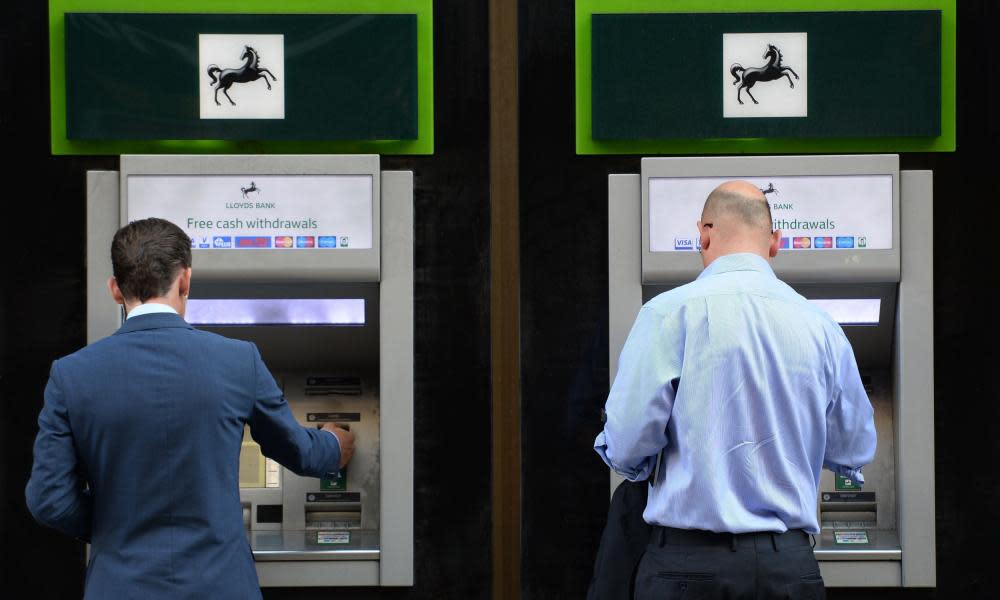Home Office wrongly denying people bank accounts in 10% of cases

As many as one in 10 people refused a new account because they failed an immigration status check were wrongly denied access to Britain’s banking system because of mistakes in Home Office records, according to an official watchdog.
An examination of Theresa May’s existing “hostile environment” measures against illegal immigrants by the chief inspector of borders also found that hundreds of driving licences had been wrongly revoked after Home Office mistakes in identifying people as remaining in Britain unlawfully.
David Bolt, the chief inspector of borders and immigration, said – after uncovering the 10% error rate in refusing new bank accounts in his 2016 report – that the Home Office “failed to appreciate the potential impact of such wrong decisions on those affected”.
His first report on the impact of the government’s hostile environment measures said the Home Office did not know how many people had been refused new bank accounts since the measure was introduced in 2014, as there was no requirement on the banks or building societies to keep a tally.
But in a sample of 169 cases in which people had been refused accounts because of a match with the Home Office database, the inspectors say they found 17 who should never have been on the list of disqualified people because they had the legal right to live in Britain. Inspectors also found 250 people whose driving licences had been wrongly revoked.
Philip Auger, a former TSB board member, warned on Friday that mistakes would be made when banks and building societies began quarterly immigration status checks on 70m current account holders in January 2018.
He told the BBC: “This is in the hands of the Home Office and the banks, neither of which are exactly known for flawless execution. What happens when something goes wrong, if a bank account is frozen and the owner is entirely legal or if they’ve simply got the wrong name?
“Resolving those situations will be, in some cases smoothly done, but I can imagine it being an absolutely nightmare for some poor individuals.”
Banks and building societies are being required every three months to carry out immigration status checks on every current account in Britain against a Home Office-supplied database of people who face removal or deportation or have absconded from immigration detention.
They will be required to close the accounts of those whose names are identified as disqualified persons on the database run by Cifas, an anti-fraud organisation, using Home Office data.
The banks and building societies have been advised that their default position in the face of a customer complaining about a mistake should be to refer them to the Home Office, regardless of what documentary evidence of their legal right to stay in Britain they may provide.
Responding to the Guardian disclosure that the banking checks are to start in January, Liberal Democrat Brexit spokesman Tom Brake said: “This is yet another sign that the Conservatives are hauling up the drawbridge and demonising immigrants. We should be very clear that immigrants have contributed much more to Britain’s economy and society than they have taken from it. The Conservatives are already winning their war on immigration by crashing the economy – as a result key workers such as nurses are leaving in droves.”
A Home Office spokesperson defended the introduction of the checks: “We are developing an immigration system which is fair to people who are here legally, but firm with those who break the rules. Everyone in society can play their part in tackling illegal migration.
“As approved by parliament in December 2016, from January banks and building societies will be required to carry out regular checks on the immigration status of all current account holders against the details of known illegal migrants to establish whether their customers are known to be in the UK unlawfully. This is part of our ongoing work to tackle illegal migration. People who are here legally will be unaffected.”

 Yahoo News
Yahoo News 
